US sanctions Bangladesh for Dhaka's growing proximity with Beijing
With Dhaka firmly resisting the US overtures to join the Quad alliance in order to counterbalance growing Chinese power in the Indo-Pacific region, tensions between the two countries are rising.
This week, the Joe Biden administration imposed sanctions on Bangladesh’s Rapid Action Battalion (RAB), accusing it of involvement in hundreds of disappearances and extrajudicial killings since 2018.
Seven current or former officials of the RAP were also sanctioned, including Benazir Ahmed, one of RAB’s previous chiefs, over alleged rights abuses.
In a statement on Sunday, US Secretary of State Antony Blinken said they are determined to put human rights at the centre of the Biden administration’s foreign policy.
“We reaffirm this commitment by using appropriate tools and authorities to draw attention to and promote accountability for human rights violations and abuses,” he said.
Bangladesh, which has in recent years captured global attention owing to its remarkable economic growth, was quick to respond to the US move.
Bangladeshi Foreign Secretary Masud Bin Momen summoned the US ambassador, Earl R. Miller, on Saturday “to convey Dhaka’s discontent.”
In a statement, Bangladesh’s foreign ministry “regretted that the US decided to undermine an agency of the government that had been on the forefront of combating terrorism, drug trafficking and other heinous transnational crimes that were considered to be shared priorities with successive US administrations.”
The sanctions have less to do with human rights situation in the South Asian country and more to do with the changing regional dynamics and China’s growing influence in the Indian Ocean, believe experts.
Derek Grossman, national security and Indo-Pacific analyst at RAND Corporation, in a tweet said sanctioning Bangladesh must be seen “in the context of strategic competition against China”, which he said is “a questionable move at best.”
Sanctioning Bangladesh in the context of strategic competition against China is a questionable move at best.https://t.co/P0so9Ra0ko
— Derek J. Grossman (@DerekJGrossman) December 11, 2021
Micheal Kugelman, South Asia senior associate at The Wilson Center, said the Biden administration wants the United States to “send a tough message to Dhaka”.
“For example it needs to get better on rights if it wants to work more closely with the US, or it's not happy about Dhaka's growing ties with China. Doubtful such a message would go over well and have its desired effect,” he wrote.
The US decision to sanction leaders of Bangladesh's paramilitary force-which certainly has committed "serious human rights abuses"-raises questions about the future of US policy toward Dhaka. It made the announcement during the WH democracy summit, to which Dhaka wasn't invited.
— Michael Kugelman (@MichaelKugelman) December 11, 2021
Another Twitter user said Bangladesh not being invited to President Biden's virtual Summit for Democracy earlier this week, followed by sanctions “hint at US policy shift re Bangladesh”
“Is Bangladesh being snubbed for its growing ties with China,” he user asked.
Bangladesh not being invited to President Biden's virtual Summit for Democracy & now sanctions on 🇧🇩 paramilitary force RAB by US treasury hint at US policy shift re Bangladesh.
— OSINT Insider (@OSINT_Insider) December 13, 2021
Is Bangladesh being snubbed for its growing ties with China? https://t.co/cmKAxwWF4q
I represented Bangladesh (along with Sri Lanka, Bhutan & India), on the IMF executive board, & experienced first hand the US Govt (& Congress) bias against Bangladesh Awami league Govt!
Arvind Virmani, founding chairman at EGROW, said he has experienced “first hand” US Govt and US Congress) bias against Bangladesh’s ruling party.
I represented Bangladesh (along with Sri Lanka, Bhutan & India), on the IMF executive board, & experienced first hand the US Govt (& Congress) bias against Bangladesh Awami league Govt! https://t.co/PYnlQE24pf
— Arvind Virmani, PhD (@dravirmani) December 12, 2021
Bangladesh's growth story, 50 years since its independence, has been a much-touted one. The South Asian country, bordering the Bay of Bengal, is projected to have the world’s 28th-largest economy by 2030. This impressive outlook, coupled with its strategic location, has earned the country attention from global and regional powers.
Bangladesh figures prominently in the US-China rivalry to win allies in the Indo-Pacific region, with gradual shift of focus towards the Indian Ocean and its littoral states. Bangladesh’s location provides it a significant strategic value for both Beijing and Washington.
China’s friendship with Bangladesh dates back to the defense cooperation pact signed in December 2002, which was later upgraded to strategic partnership during Chinese President’s visit to Dhaka in 2016. Today, Beijing is the largest trading partner for Dhaka, and most of its defense purchases also originate from China. The deepening economic and security cooperation between the two countries, however, has caused jitters in faraway Washington.
In a bid to counter growing Chinese influence in the Indo-Pacific region, United States has been courting Bangladesh to join the Quad alliance, which Beijing calls a ‘cold war construct’. Chinese envoy to Dhaka recently cautioned Dhaka against falling into the trap, warning that it could “substantially damage” their relations.
Meanwhile, denouncing the sanctions, one of the sanctioned individuals, RAB deputy chief KM Azad, said the unit never violated human rights.
“If bringing down a criminal under the law is a violation of human rights, then we have no objection to violating this human rights in the interest of the country,” he said.
The country’s Home Minister Asaduzzaman Khan said the government is closely watching the agencies and investigating the human rights issues.
“If any incident of human rights violation is reported, investigations are carried out through magistrates,” Khan told reporters in Dhaka.
“Maintaining law and order is a challenging task in Bangladesh. Drug peddlers use firearms for self-defense that leads to gunfights with the members of law enforcement agencies, causing casualties,” he said, terming sanctions as “unfair”.
Iran rejects Trump’s claim on executions as ‘completely false’
VIDEO | Israel silencing truth
IRGC: Enemy command room of 10 intel agencies targeted Iran
US threat to Iran's Leader will ignite entire region: Hezbollah
VIDEO | Campaign to stop sale of Israel bonds grows in US
VIDEO | Iran judiciary, military detail foreign role in unrest; honor martyrs
Experts slam ‘scientifically reckless’ US withdrawal from WHO
Recent US military actions signal return to ‘predatory colonialism’: UN rapporteur


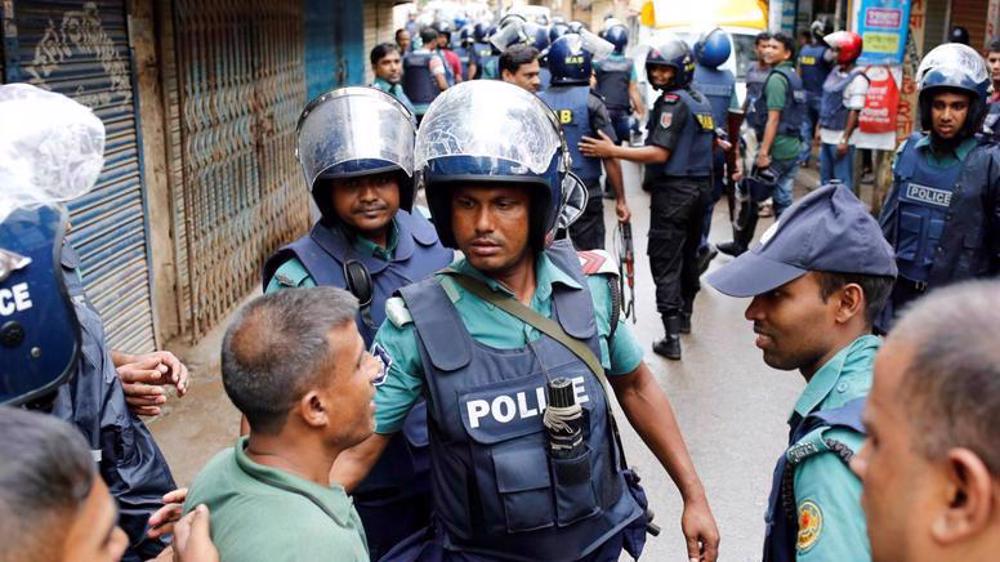
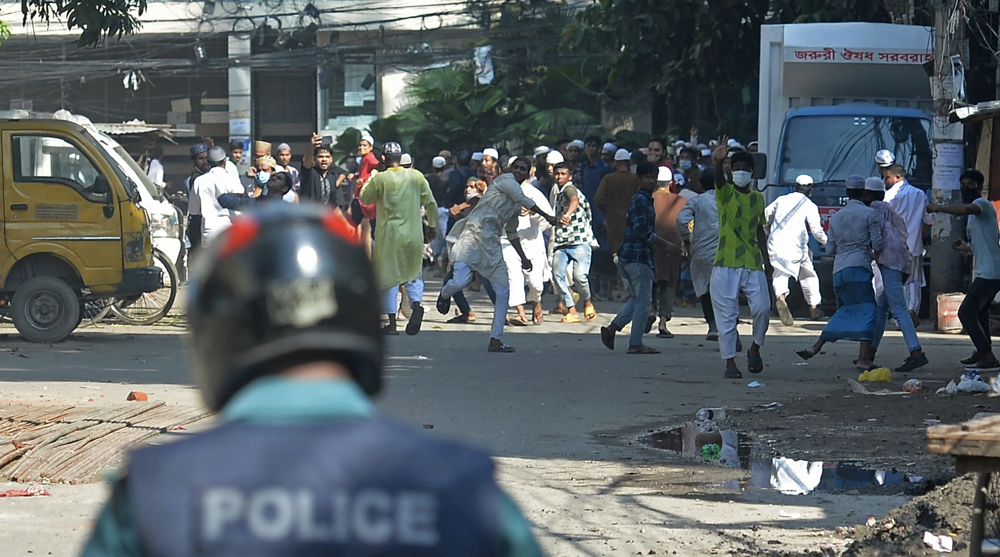
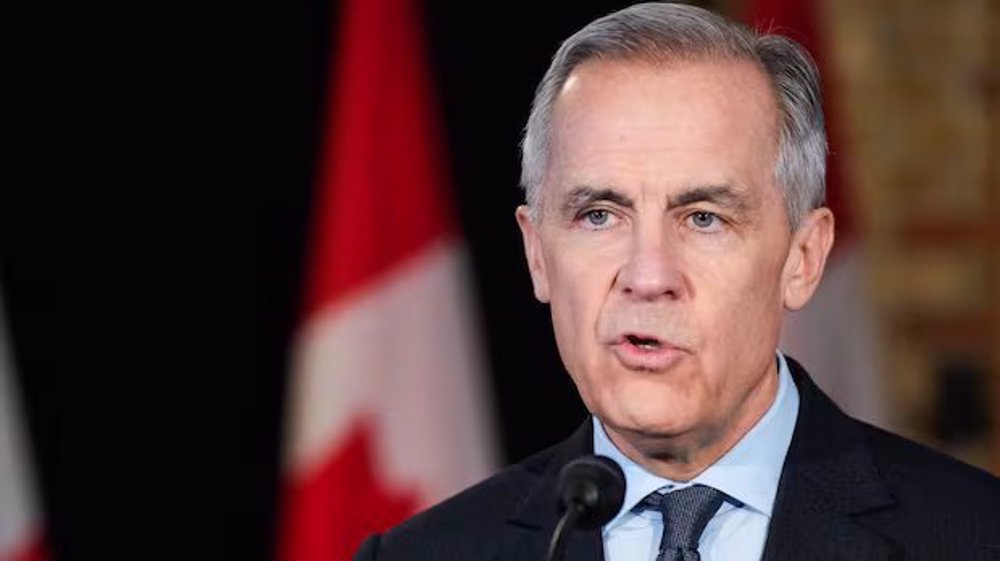





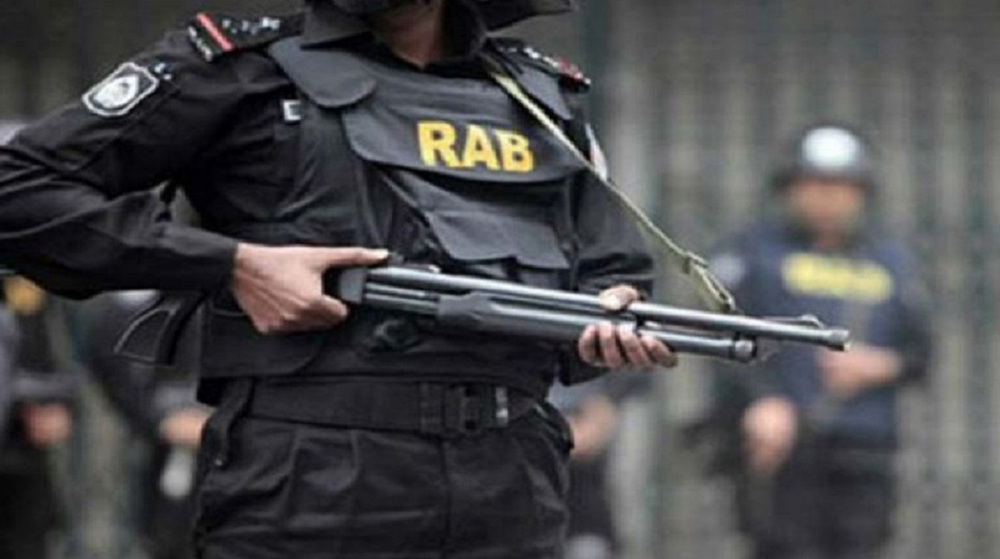
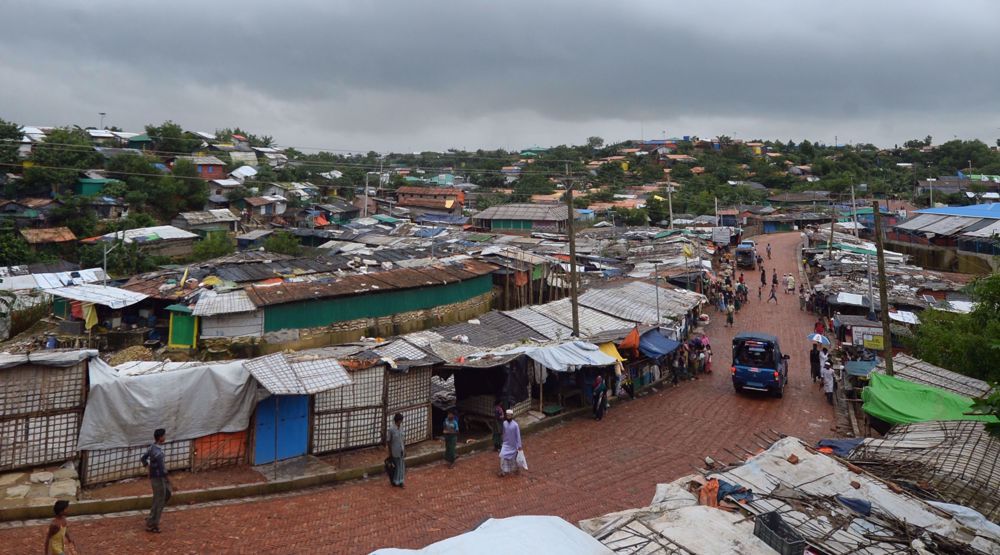
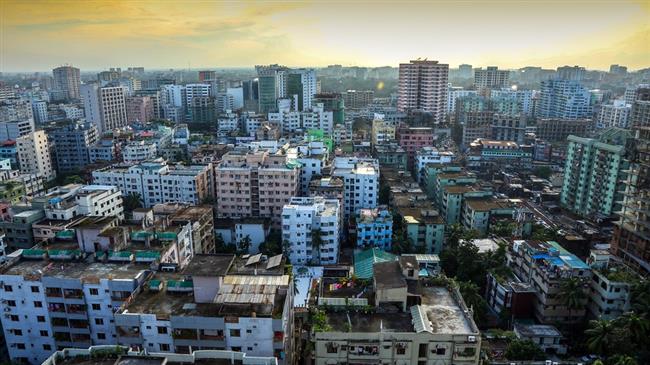

 This makes it easy to access the Press TV website
This makes it easy to access the Press TV website